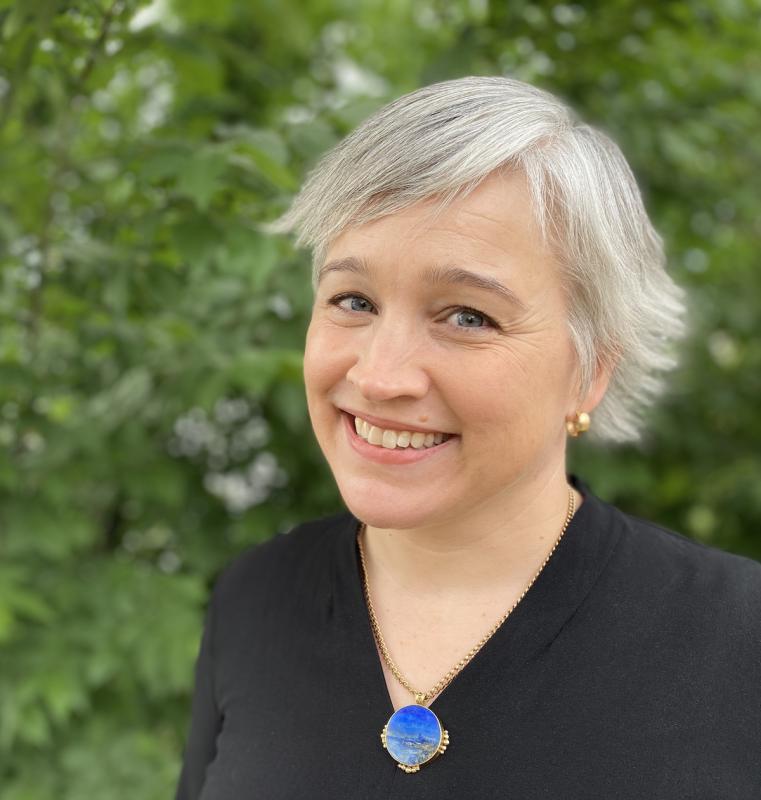
Department Seminar: Galen McKinley
Title: Models, data and theory to understand the ocean carbon sink
Abstract: The ocean has absorbed approximately 40% of industrial-age fossil carbon emissions, and thus has substantially damped climate change. Understanding of decadal variability in the ocean carbon sink is crucial for accurate diagnosis of the global carbon cycle, and will improve confidence in future predictions. I use ocean models, machine-learning based reconstructions of the global ocean carbon fluxes from sparse pCO2 data, and theory to quantify recent decadal variability and to understand remaining uncertainties.
Ensembles of hindcast ocean models and ensembles of pCO2 observation-based products indicate globally-coherent changes in the sink since the 1990s. There was a sharp increase in the ocean sink in the early 1990s. Next, there was a decline to a sink minimum in 2001, and then the sink recovered. By developing an upper ocean diagnostic box model that replicates these variations, I can attribute these patterns to two external forcings: the variable growth rate of atmospheric pCO2, and the 1991 eruption of Mt. Pinatubo.
Ocean models suggest smaller amplitude decadal flux variability than do observation-based products. Observation-based products are based on very sparse pCO2 data, with only about 2% coverage of the global ocean. Thus, errors may be significant when machine learning is applied to extrapolate to full coverage. To understand these errors, we have created a testbed using four climate model Large Ensembles which we can evaluate extrapolation skill. Due to the vary sparse sampling, we show that the amplitude of decadal flux variability is overestimated by all machine learning approaches. Thus, ocean models may not be significantly underestimating flux variability as has been previously suggested.
